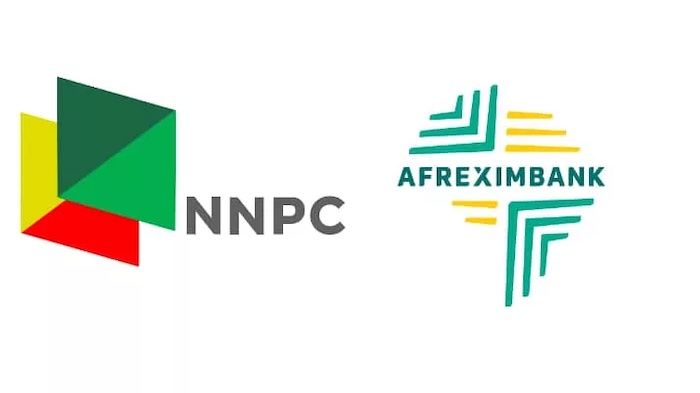On Wednesday, the Nigerian National Petroleum Company Limited (NNPC) announced securing a $3 billion emergency loan from the African Export-Import Bank with the aim of stabilizing the country’s fluctuating foreign exchange market.
In response to this development, Phrank Shaibu, the Special Assistant on Public Communication to former Vice President of Nigeria, Atiku Abubakar, criticized the $3 billion loan acquired by the NNPC, labeling it as a clearly fraudulent action.
Meanwhile, there was a positive outcome in the foreign exchange market on Wednesday as the Nigerian naira gained strength both in the official Investors’ and Exporters’ (I&E) forex window and the parallel market. Notably, the naira’s value rose from N940/$1 to N880/$1 in the parallel market, indicating a significant N60 increase. Similarly, at the official I&E window, the naira started at an opening rate of N774/$1 but closed at N759/$1.
The NNPC formalized the agreement with Afreximbank in a brief statement, revealing that the signing took place at the bank’s headquarters in Cairo, Egypt. This joint signing of a commitment letter and term sheet for the emergency loan is expected to enable NNPC to provide immediate support to the federal government’s fiscal and monetary policy reforms aimed at stabilizing the exchange rate market.
The recent liquidity challenges in the foreign exchange market have caused the dollar to reach as high as N950/$1 in the parallel market and N775/$1 in the official window. This situation has posed difficulties for businesses in the country and exacerbated Nigeria’s significant fuel importation, which costs around $20 billion annually, resulting in high fuel prices.
The $3 billion emergency crude oil repayment loan is anticipated to enhance foreign exchange liquidity and strengthen the naira against the dollar. While details regarding the volume of FX expected and the quantity of crude oil to be repaid were not explicitly stated in the NNPC’s announcement, the loan is expected to have a positive impact on the foreign exchange market.
The NNPC had previously secured a $5 billion corporate finance commitment from Afreximbank to support major investments in Nigeria’s upstream sector.
Regarding concerns about the loan’s repayment, O’tega Ogra, the Senior Special Assistant to the president on Digital and New Media, clarified that it is not a crude-for-refined products swap, but rather an upfront cash loan against proceeds from a limited amount of future crude oil production. This strategic move aims to balance current economic needs with future production capabilities.
In response to the loan announcement, Phrank Shaibu criticized the action, characterizing it as fraudulent and designed to manipulate the naira’s value in the parallel market. Shaibu further questioned the role of the NNPC in monetary policy matters and criticized President Bola Tinubu’s economic approach. He also argued that previous policy decisions had negatively impacted Nigerian bonds.
In conclusion, the NNPC’s $3 billion emergency loan from Afreximbank is intended to stabilize Nigeria’s foreign exchange market and enhance the naira’s value against the dollar. However, the move has sparked criticism and debate over its effectiveness and implications for the country’s economy.
